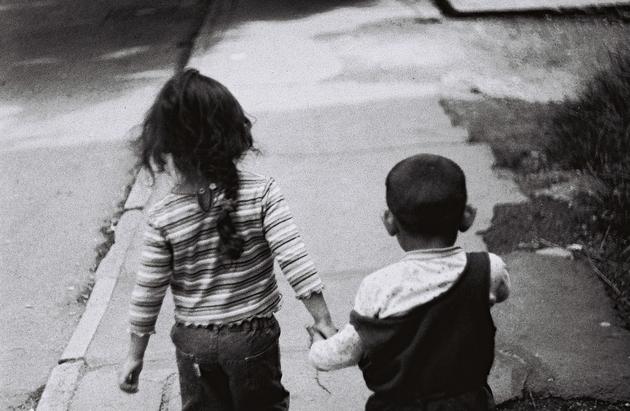Csaba Olah: As a Roma, integration means something different to me

This blogpost was written as a reaction to
the recent statements of Ms. Viviane Reding, European Commissioner, on the
situation of Roma and the need from their side to integrate and to have a normal
way of living.
When trying to identify European values – values we all share in Europe, or
within the political community of the European Union – I am in a very difficult
situation. Not because there are no common values we all, or at least most of us
share, but rather because I am a bit reluctant to label them immediately ‘European’.
Democracy, justice, equality would be among the first ones on the lists of many
if they had to answer what they think are the most important values of our
society. But are these values exclusively European? Does democracy refer to a
form of government, or is it simply about fairness? Is it only we Europeans who
stand for a just society in which all the citizens are treated equally?
We should probably see European values and European identity as productions As a Hungarian Roma and a citizen of the European Union, I often come across Nevertheless, integration, in this case social integration, is especially Let me name the problem. The problem are the more than 500 million citizens The European Union is home to a very very diverse community. We – the ones We all need dedication to be willing to contribute to a more integrated Source:
to catch up, improve, or simply change.
or possible outcomes of a process we are all part of. The process of creating a
European society.
political statements which draw the public’s attention to the importance of
integration. The idea of integration has been playing a significant role in my
life. I have also practical experiences with it, mostly as a subject of related
policies. My ethnic origin is often far more than enough to be seen as the one
who has to catch up, improve, or simply change. But living in central-eastern
Europe I also know that, if we work hard, one day we will catch up with the west.
important to me, but means something different. I would rather define it as a
process to decrease social distance between people, without considering any
people, social or ethnic group as a reference point to which the others should
fit. Many of us are committed to building up a more integrated society. We have
to face, however, many difficulties when trying to put the idea of a just, fair
and more integrated European society into practice. There is a fundamental
problem we, who believe in a European reality and not in a European utopia, have
to deal with.
who live not only in western European countries, but also elsewhere in the
European Union. Even in Bulgaria and in Romania. More than 500 million people,
who are all different from each other and who all have their own understanding
of what it means to be European. Children and adults, men and women, rich and
poor, believers and atheists. More than 500 million, most of whom only know less
than 0.0001%, and many of whom understand only less than 10% of their fellow
citizens. We really need dedication if we want to build up a society in which,
regardless of all of these differences, we really treat each other as fellow
citizens. The different communities living in the European Union need a strong
commitment to be willing to integrate, so that the next generation can live a
normal life.
who believe in the future of the European Union – consider our differences as
fundamental values we can build our future on.
society, but at the same time we also have to accept the fact that there are
more than half a billion different ways to define normal life within the
European Union.
http://www.opendemocracy.net